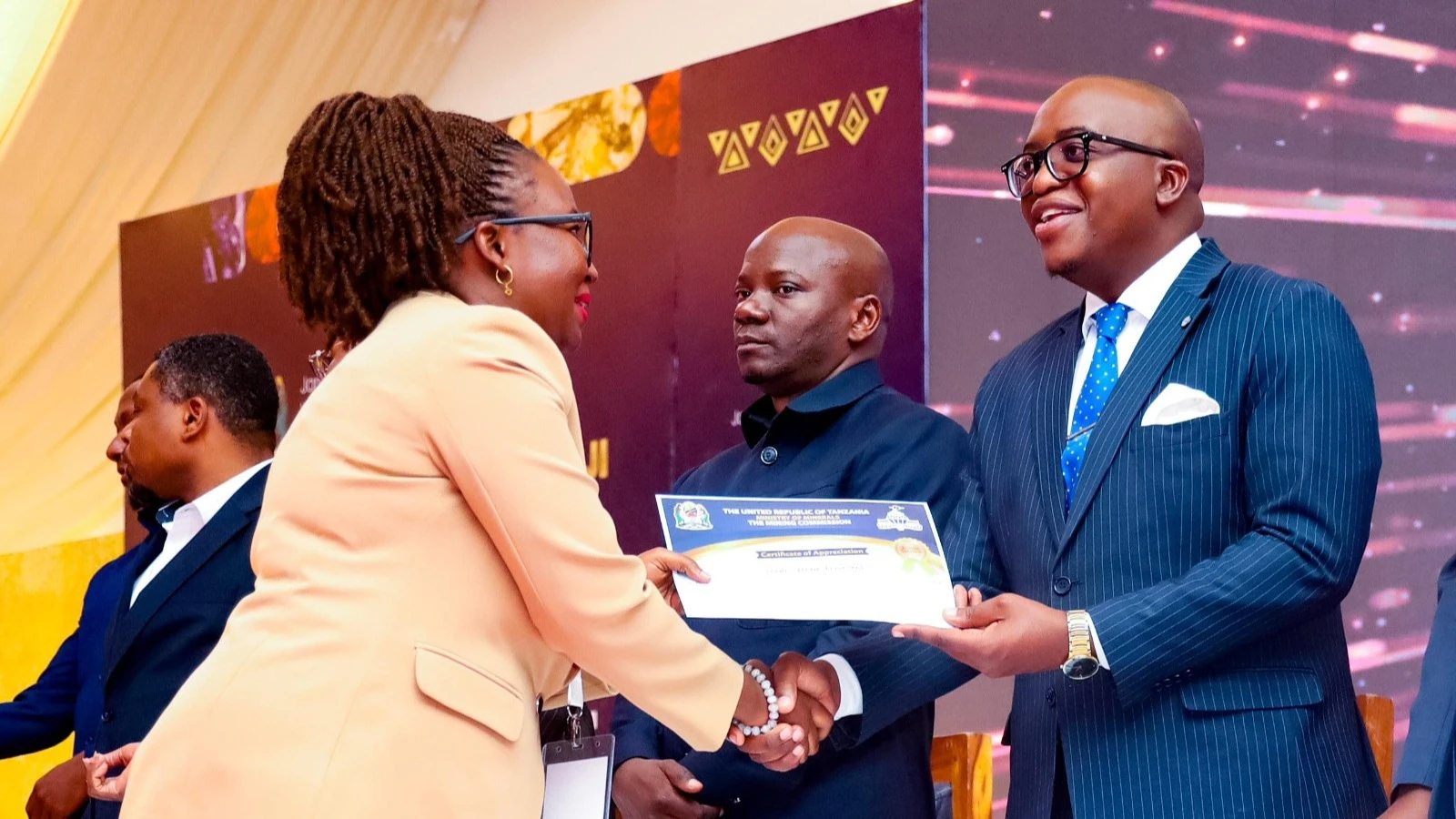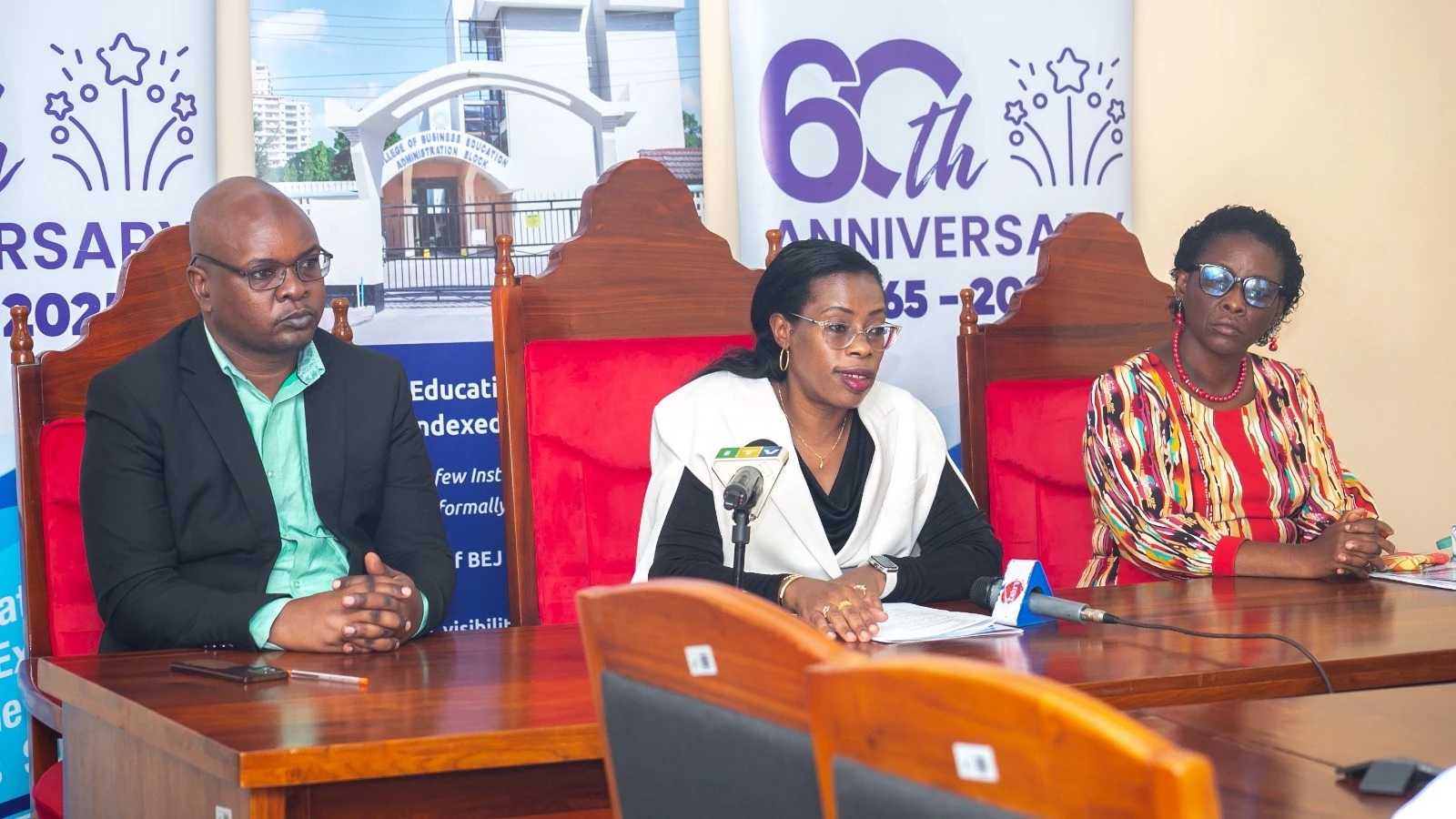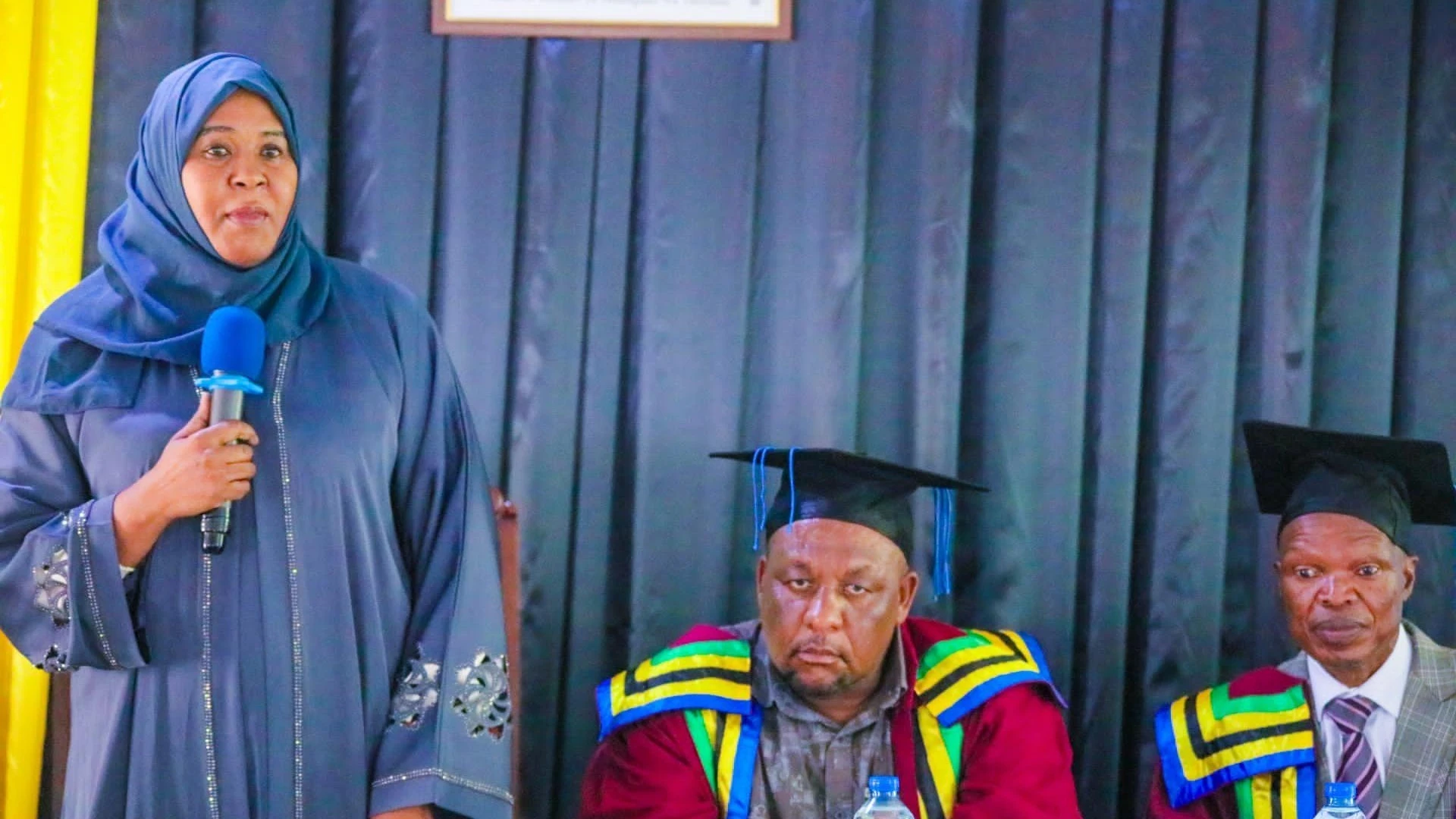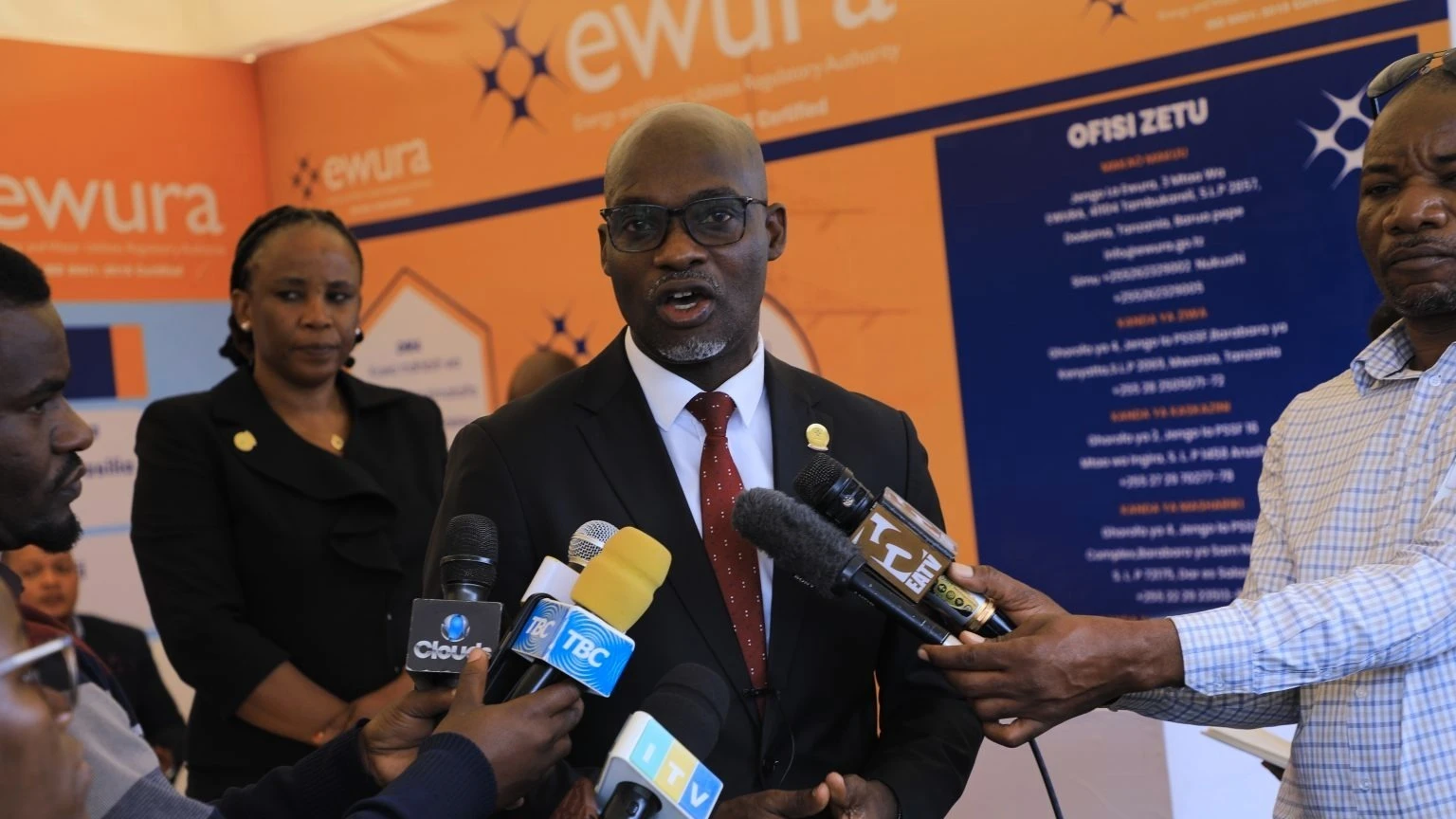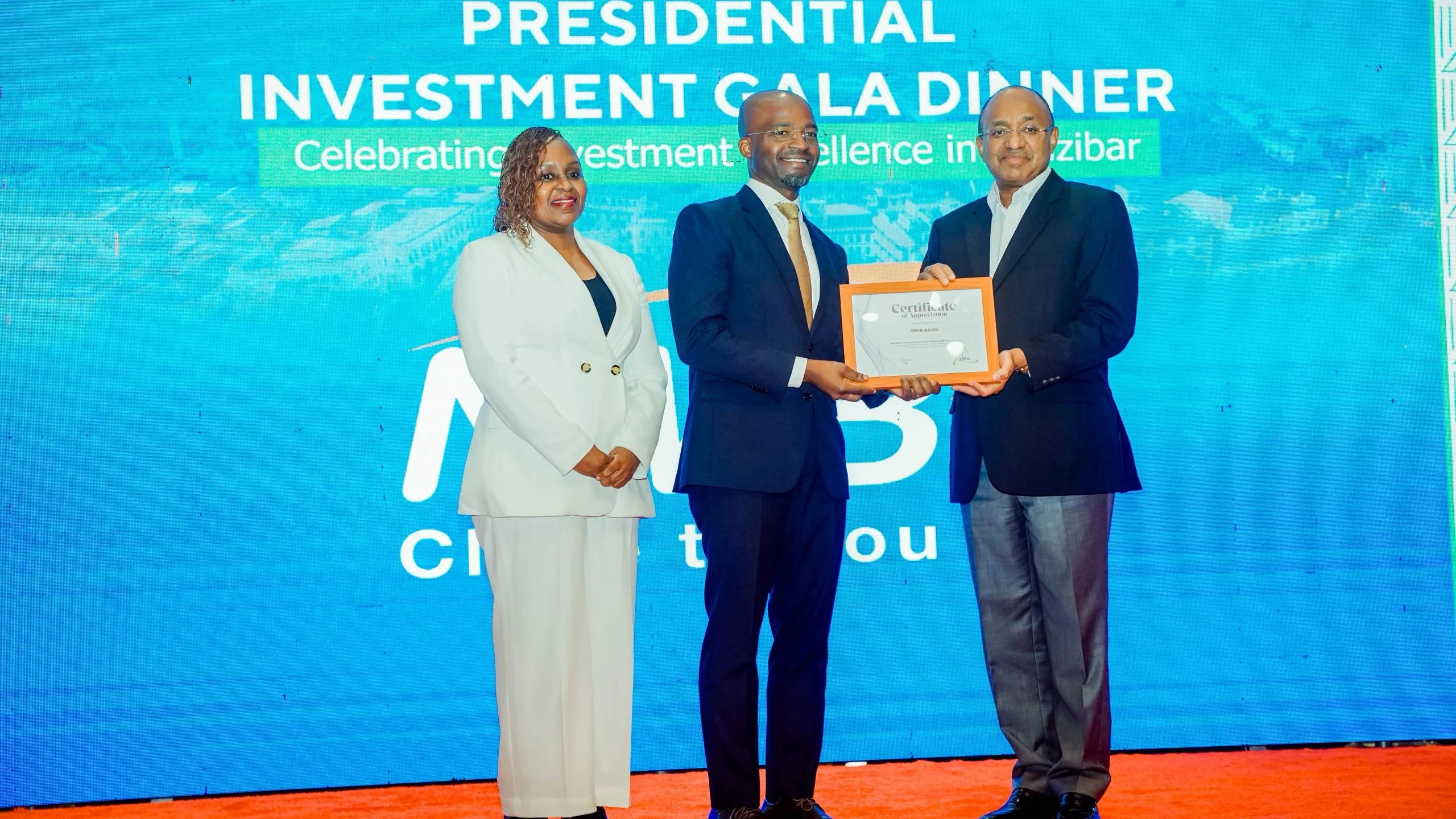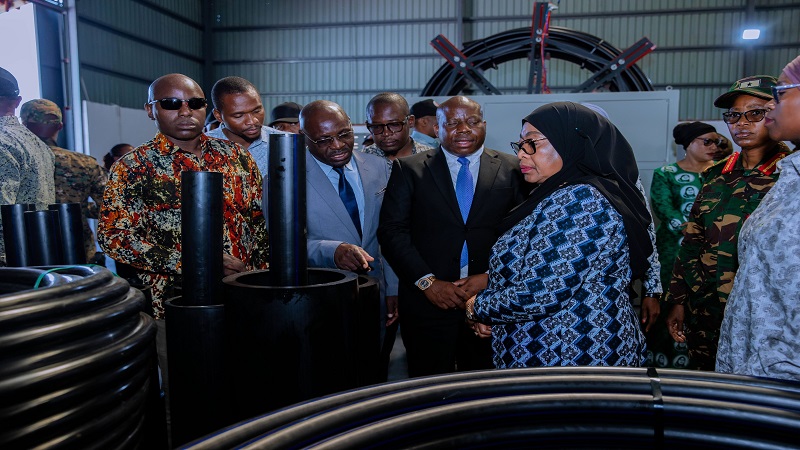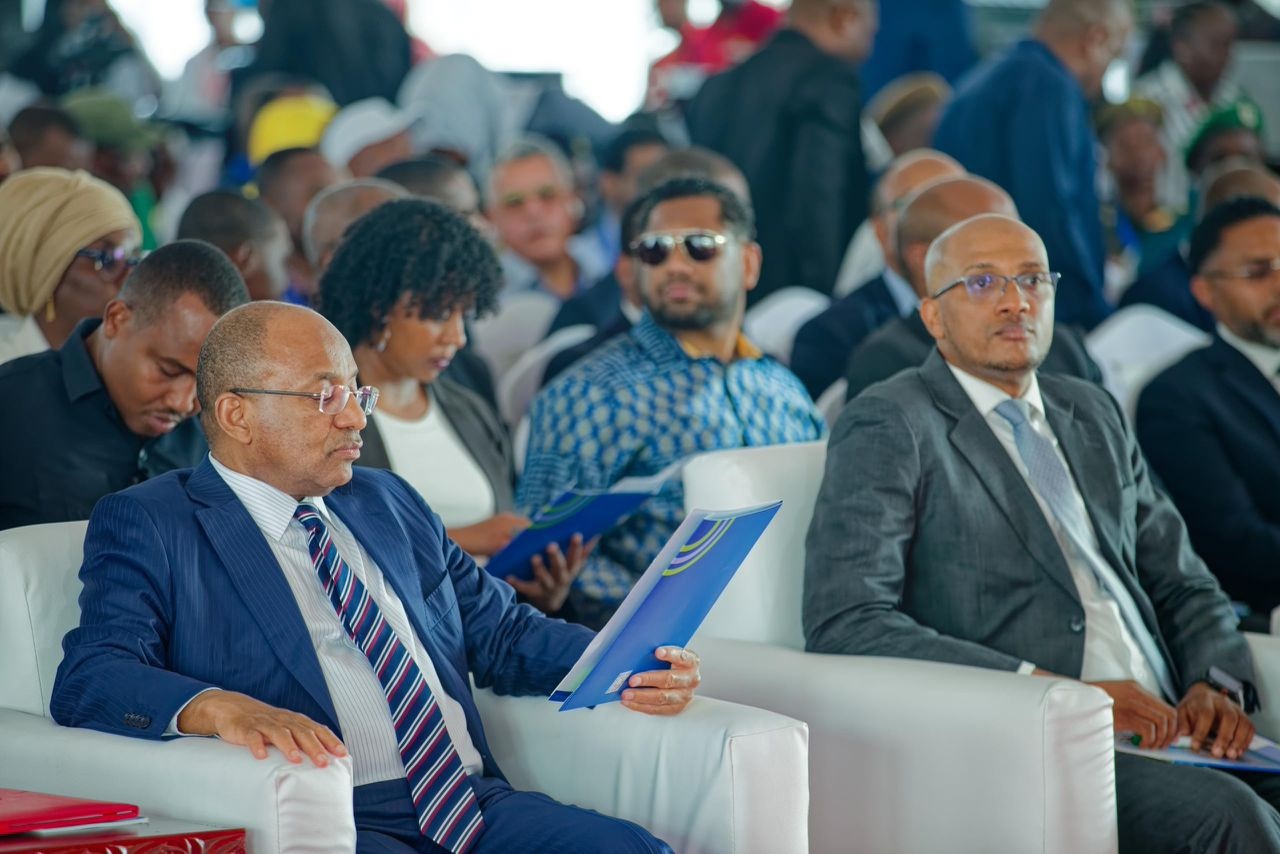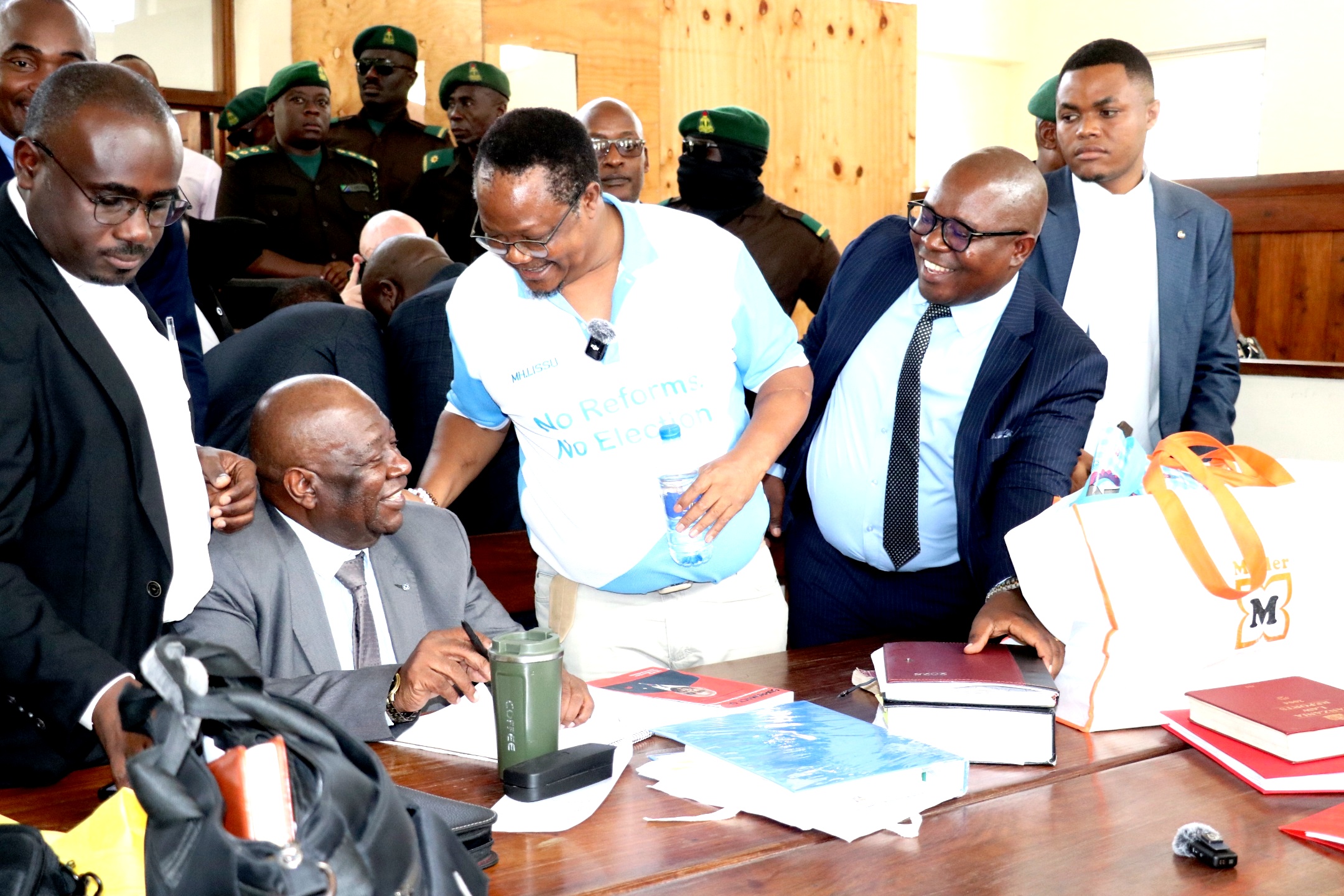US-Oxfam debate on empathy as a pillar of foreign aid quite valid, but misses the point
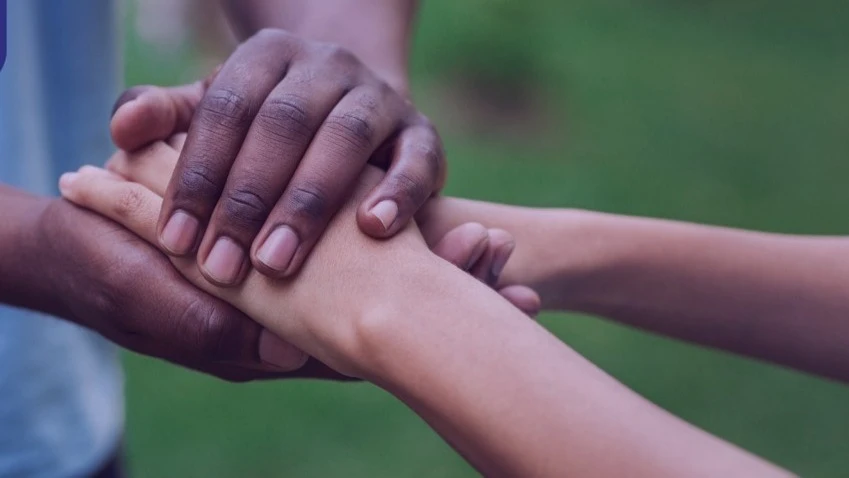
THIS newspaper has lately published a widely circulated article from a well-known British blogger Ben Phillips, whose book ‘How to Fight Inequality’ has made rounds around left-liberal activists around the world. He is acknowledged to be a builder of social start-ups and has served as a director at the United Nations, the UK charity Oxfam, ActionAid as well as Save the Children.
He is a consultant or fellow at Bellagio, Notre Dame & Bosch. In that context at least he was well placed to respond to US entrepreneur Elon Musk, a key associate of US President Donald Trump, helping to dismantle aid structures as sheer waste.
The key point that was being discussed was an affirmation by Phillips that Elon Musk is wrong, as empathy is not a weakness. As a way of taking an overview of the debate, contributor Sunetra Ghosh, a strategic communications specialist, said that hard decisions need not be devoid of empathy. “I believe...
There's always a middle path. Well written Ben...’ and promised to share the post with others. Leila Billing, a senior advisor on gender, youth and movement building as a gender activist in a development network group said “Of course we need empathy - but we are sold a version of empathy that is sometimes very troubling.
“We fetishise it in unhelpful ways. I think we can dig deeper. There is value in problematising the notion of empathy if it can lead us towards something even more generative: identified as a provocateur, pirate, post-activist, recovering NGO worker. Eating watermelon and learning Arabic in Berlin. One could expect anything from this sort of anarchist, apparently not convince by NGO work and trying other things.
She says that while empathy is not a problem, it does not necessarily lead to action, and it is biased, some deserve it, some don't. And to deserve it, you have to be an acceptable victim. “I mentioned Hannah Arendt on empathy last week: In order for people to become the recipient of empathy, they need to submit to a worldview that makes them acceptable victims.
Hannah Arendt, who believed that deep down humans were decent, was critical of empathy and compassion as moral guides because it closes down the space for difference.”
She pursues the argument that the German post-war moral philosopher argued instead for the active concept of understanding and of visiting the other. “This means we should stop trying to make people fit into our worldview or overcome differences, we should accept that there are multiple perspectives, without needing to accept them or be comfortable with them, it’s the discovery of other ways of being. Understanding is about learning to live in a shared world with people who are different. This is the foundation of moral action for Arendt.”
That could be altogether confusing as to how it makes up a case for foreign assistance, and indeed it says little or nothing if it is right to scrap vital aid systems owing to empathy with those who suffer for instance from HIV, tuberculosis and malaria is sheer waste. Indeed, the former presidential aide and head of a department to cut costs in the US federal government admitted that some vital programmes had been halted ‘accidentally’ due to USAID shutdown.
What can rapidly be said from the sheepish regrets and some will say crocodile tears by the US entrepreneur and well, reformist, in the US administration comes directly to the issue raised by Ben Phillips. It would appear that plenty in US aid to Africa appears irrelevant to Musk and his associated, and thus justifies tearing down foreign aid structures, but at the same time there are areas he may himself regret that they no longer obtain US funding. Where indeed the line can be drawn is somewhat hazy, if it is a line based on empathy or aid effectiveness.
The issue rather is what empathy is all about, its significance in extending foreign aid, and its possible weaknesses- as someone was suggesting above if in a hazy fashion, If one were to improve on those remarks (not exactly reasoned observations) one big issue is whether aid simply goes to those who need help or it becomes part and parcel of making bureaucratic structures work, oiling wheels of state dependency and loyalties rather than finding solutions.
Most countries are poor because they abhor reforms as intrusion to their ways of living, thus empathy at how people are poor in those countries keeps those systems in place.
There is a cherished rule formulated as a low of motion by classical English scientist Isaac Newton, that a celestial body will continue in the same course of motion until or unless an object from outside comes into its orbit. Save losing its energy over time for one or other reason and thus becoming unstable, systems of governance can remain in place for as long as it takes. Empathy in this case is often directed at poor people in villages, often captured as an effort to assist in efforts of those in charge to help those people, even if the system is the problem.
At a certain point in the past some activists formulated a rather innovative way of pursuing empathy, rendering aid, in the maxim that one should not give a poor man fish but rather show him how to fish.
If this maxim can be applied methodically it may at least provide an inkling of workable and sustainable forms of aid and those that constitute little more than spoon feeding, changing little in the way the specific societies are organised, and indeed how they are governed.
In that case the reasoning for aid, and indeed the justification or otherwise of empathy is a twisted matter, as finally it is a matter of how far one detests to see systems of governance kept afloat by aid. The other issue – and that is where the likes of Elon Musk come in; aid cushions governments against reforms bringing in entrepreneurs into various sectors, replacing state officials.
Top Headlines
© 2025 IPPMEDIA.COM. ALL RIGHTS RESERVED











